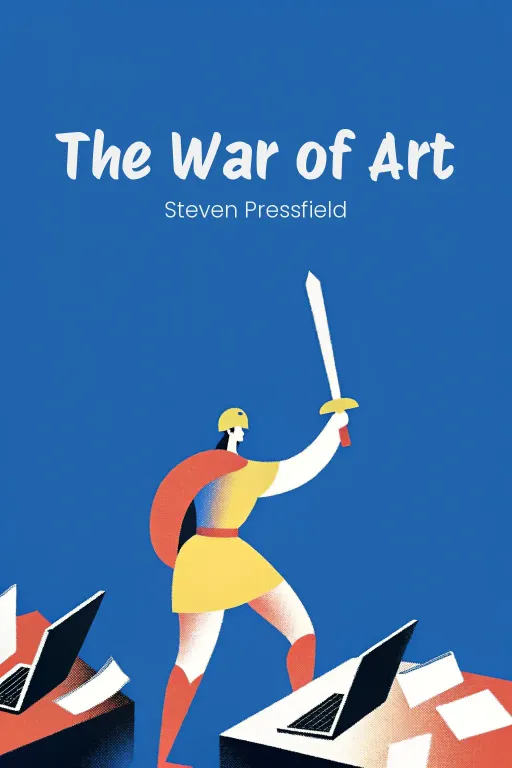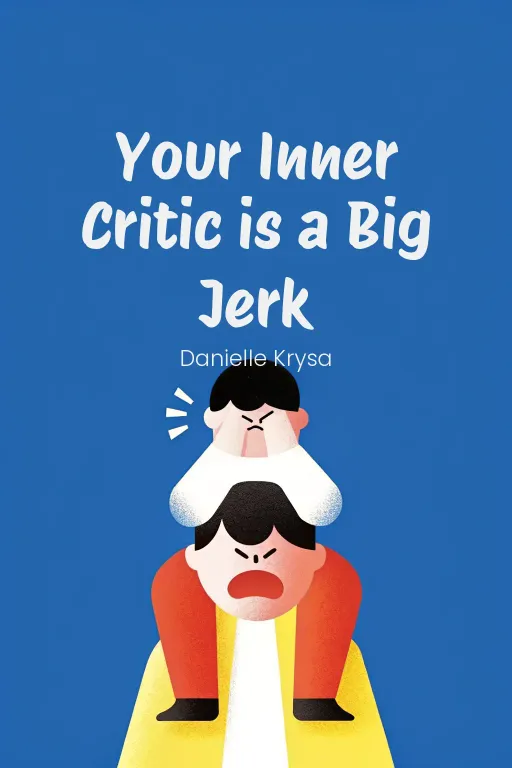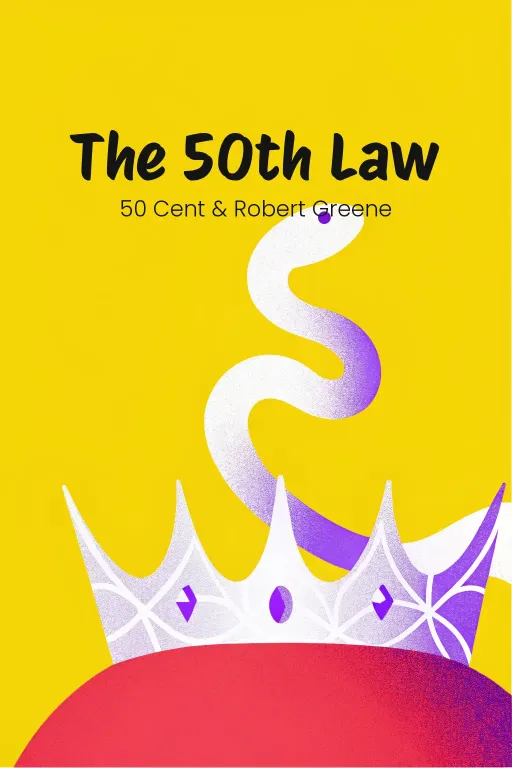
Fearless Creativity: See Truth, Seize Power
Podcast by The Muse's Minute with Brian
50 Cent's Secrets to Fearlessness and Success
Fearless Creativity: See Truth, Seize Power
Brian: What if the biggest thing holding your creativity back isn't talent, but fear? Welcome to The Muse's Minute. I'm Brian. Today, we're diving into "The 50th Law," a fascinating team-up between 50 Cent and Robert Greene. It’s not just a self-help book; it's a raw blueprint drawn from the streets and history, offering a radical path to fearlessness that can really ignite your creative work. Let's find that spark. Brian: So, what's the single biggest spark from "The 50th Law"? It's this: true power, the kind that lets you shape your own path, comes from facing reality head-on – intense realism – and transforming fear, not running from it. Think of fear like water. It can drown you if you panic, right? But if you learn to swim in it, to understand its currents, it can actually carry you forward. This shift is totally transformative because when fear stops being your main decision-maker, you unlock this incredible authenticity and creative freedom you just couldn't access before. It stops paralyzing you and starts fueling you. Brian: How does this actually work? Let's look at 50 Cent himself. Growing up in Southside Queens, he learned survival meant seeing things exactly as they were – the dangers, the angles – with total clarity, what he calls the "hustler's eye." Later, after surviving being shot nine times and getting dropped by his label, most would retreat. But 50 Cent faced that harsh reality. He didn't hide; he used his altered voice, his raw story, his street credibility to bypass the industry gatekeepers and build an empire. He saw the situation clearly and acted decisively. But this isn't just about street smarts or the music biz; it's a timeless principle. Think about Abraham Lincoln during the Civil War. He didn't sugarcoat the crisis. He gathered intel, faced the terrifying reality of a divided nation head-on, and made brutally pragmatic decisions based on that intense realism. His refusal to be paralyzed by fear, grounded in seeing things as they were, was key to his strength. What connects these examples? It's the willingness to confront reality exactly as it is, not as we wish it to be. When facing creative blocks, rejection, or industry challenges, the instinct is often to retreat into wishful thinking or fear. The fearless creator, like 50 or Lincoln, does the opposite – they lean into the harsh truth, analyze it without flinching, and find the hidden opportunity or the necessary path through it. This intense realism isn't passive acceptance; it's the essential first step for decisive, powerful action. Brian: Okay, how can you apply this intense realism right now? Try this: Conduct a 'reality audit' on your biggest creative challenge. Seriously, grab something to write with. Put the challenge at the top. Now, list the objective facts – the good, the bad, the truly ugly parts – without any emotional spin or worst-case-scenario thinking. What resources do you actually have? What are the real, tangible obstacles? Who are the key people involved? Be brutally honest. Just see the situation for what it is. Facing reality like this isn't negative; it’s about getting your power back. It cuts through the fog of fear, shows you the solid ground you’re on, and lets you make your next move with clarity and real courage. That’s your spark for today. Brian: I'm Brian, and this has been The Muse's Minute. Go find your spark!









